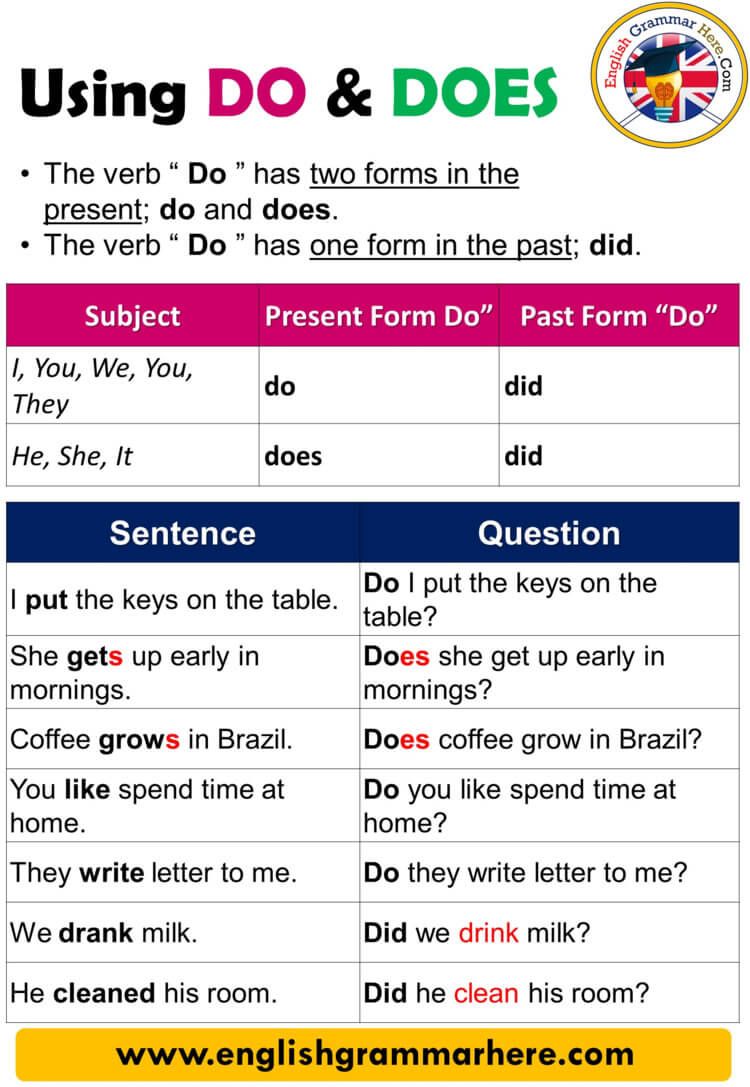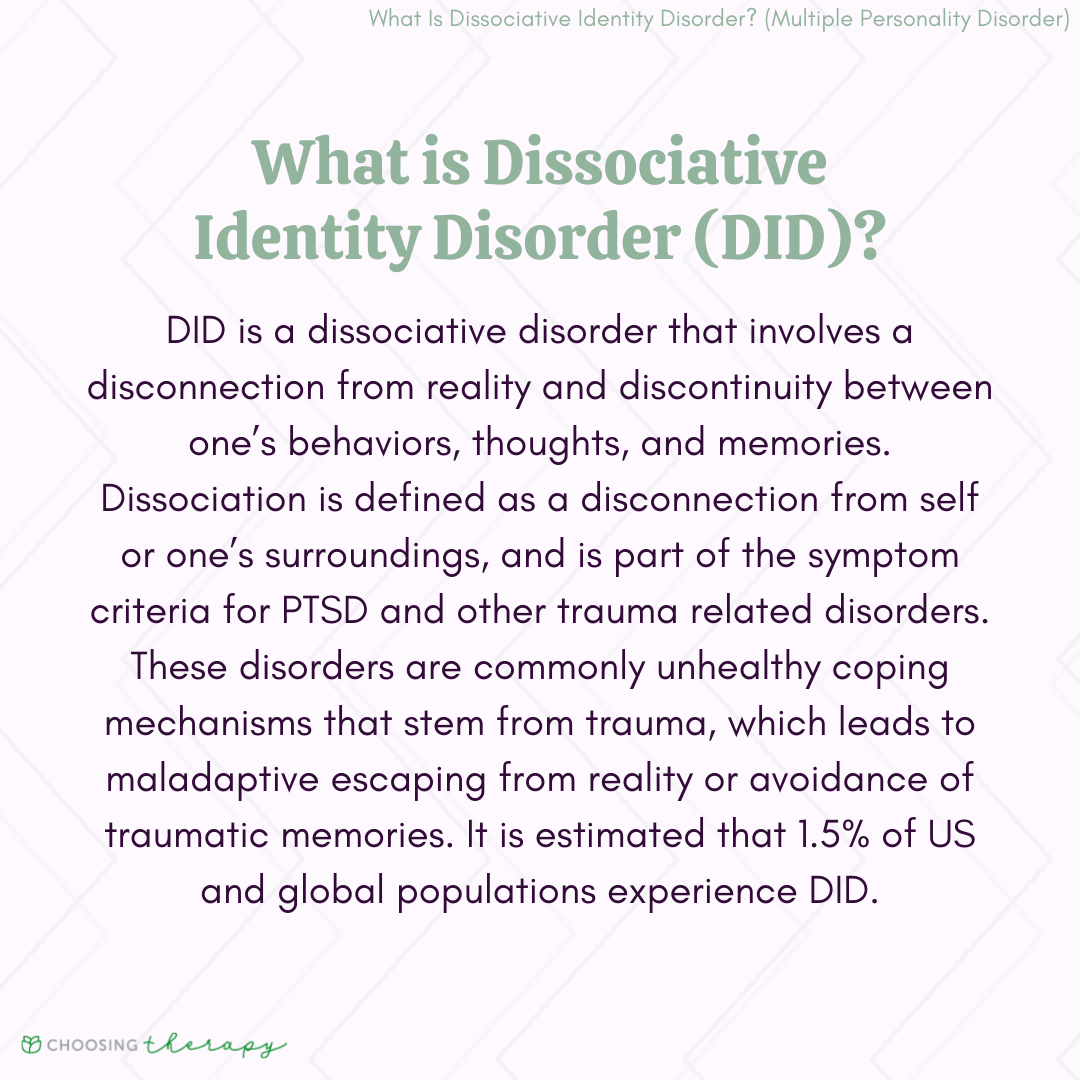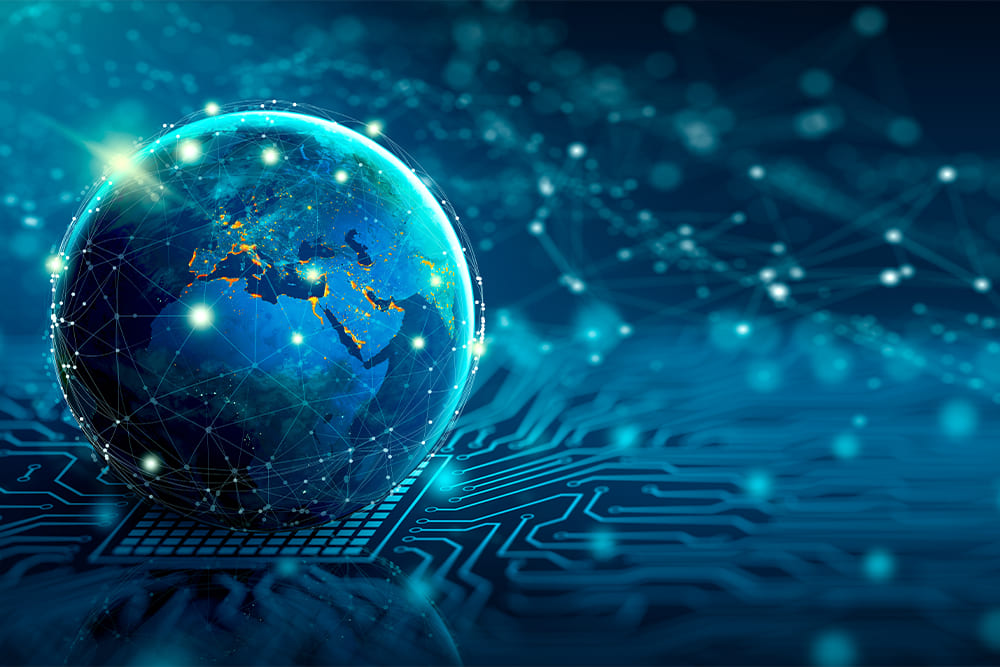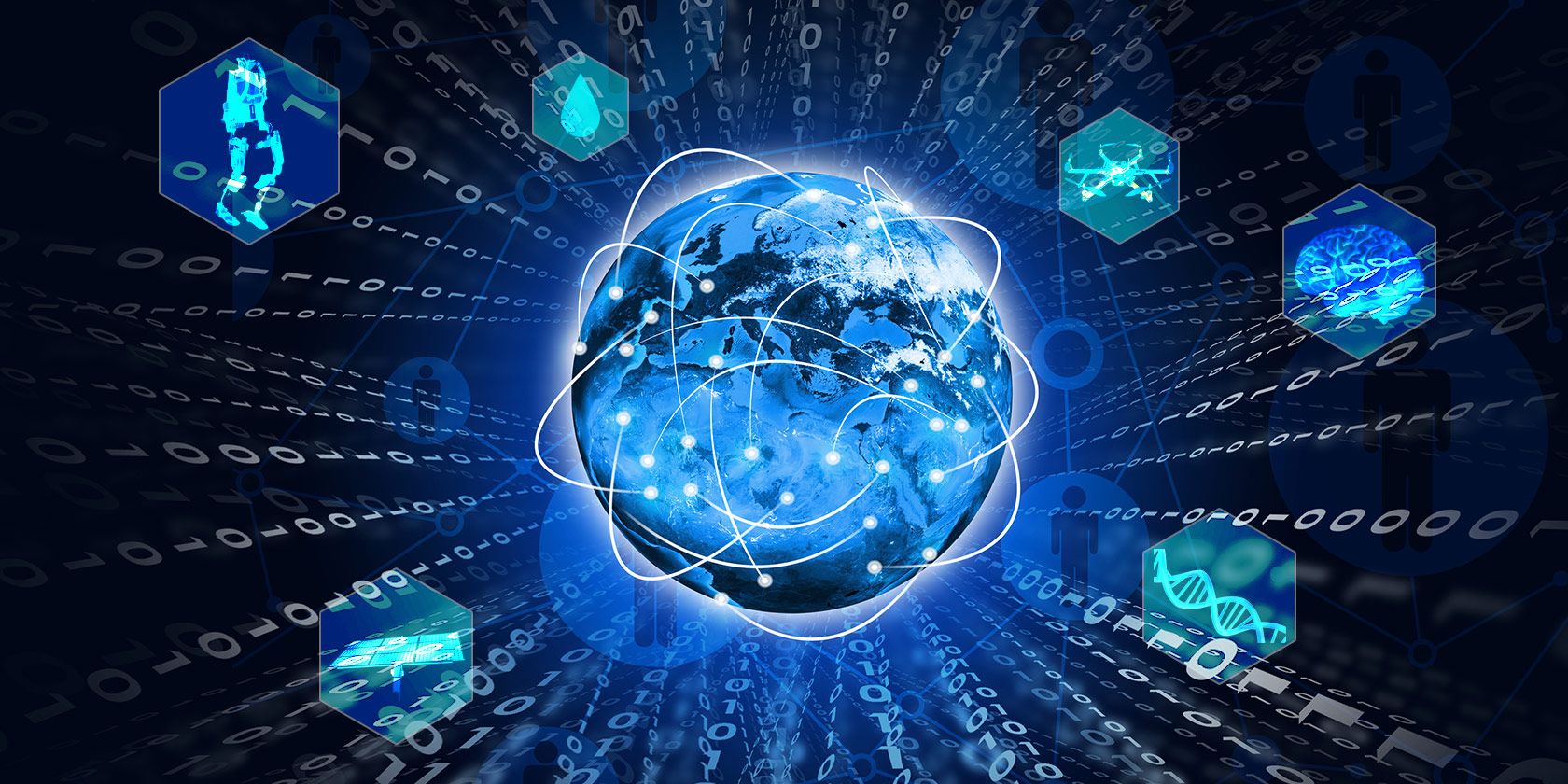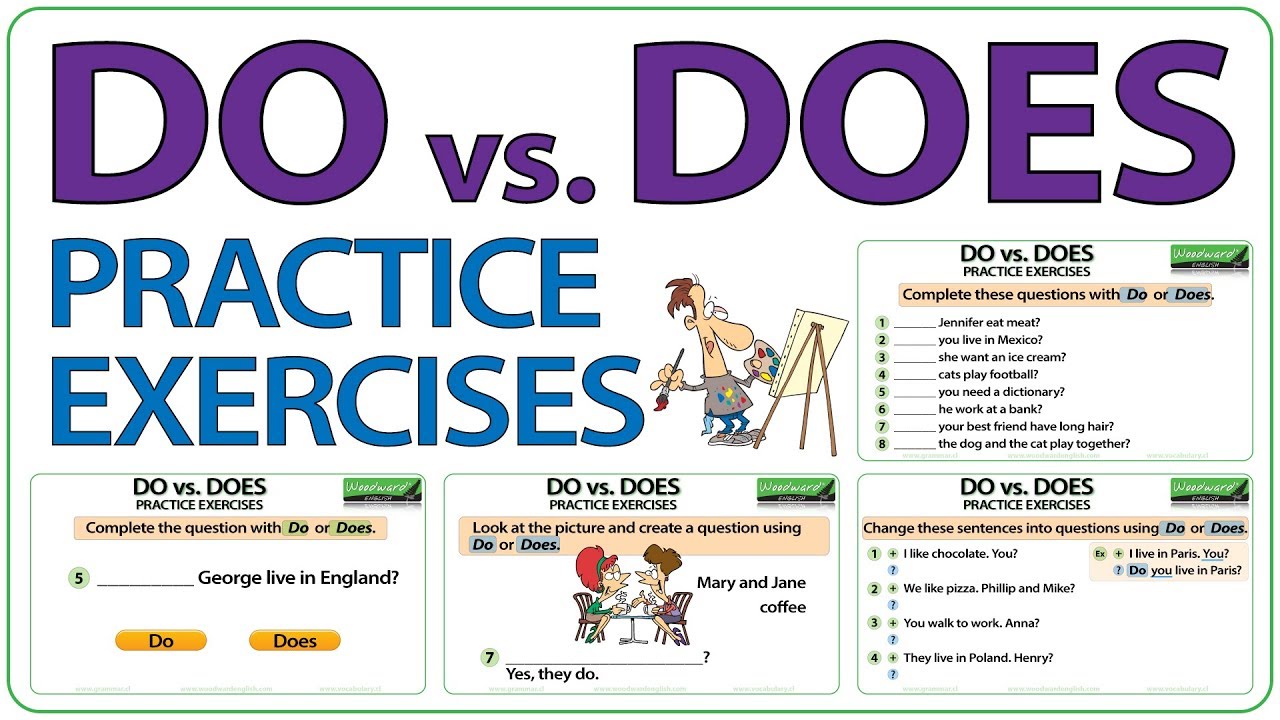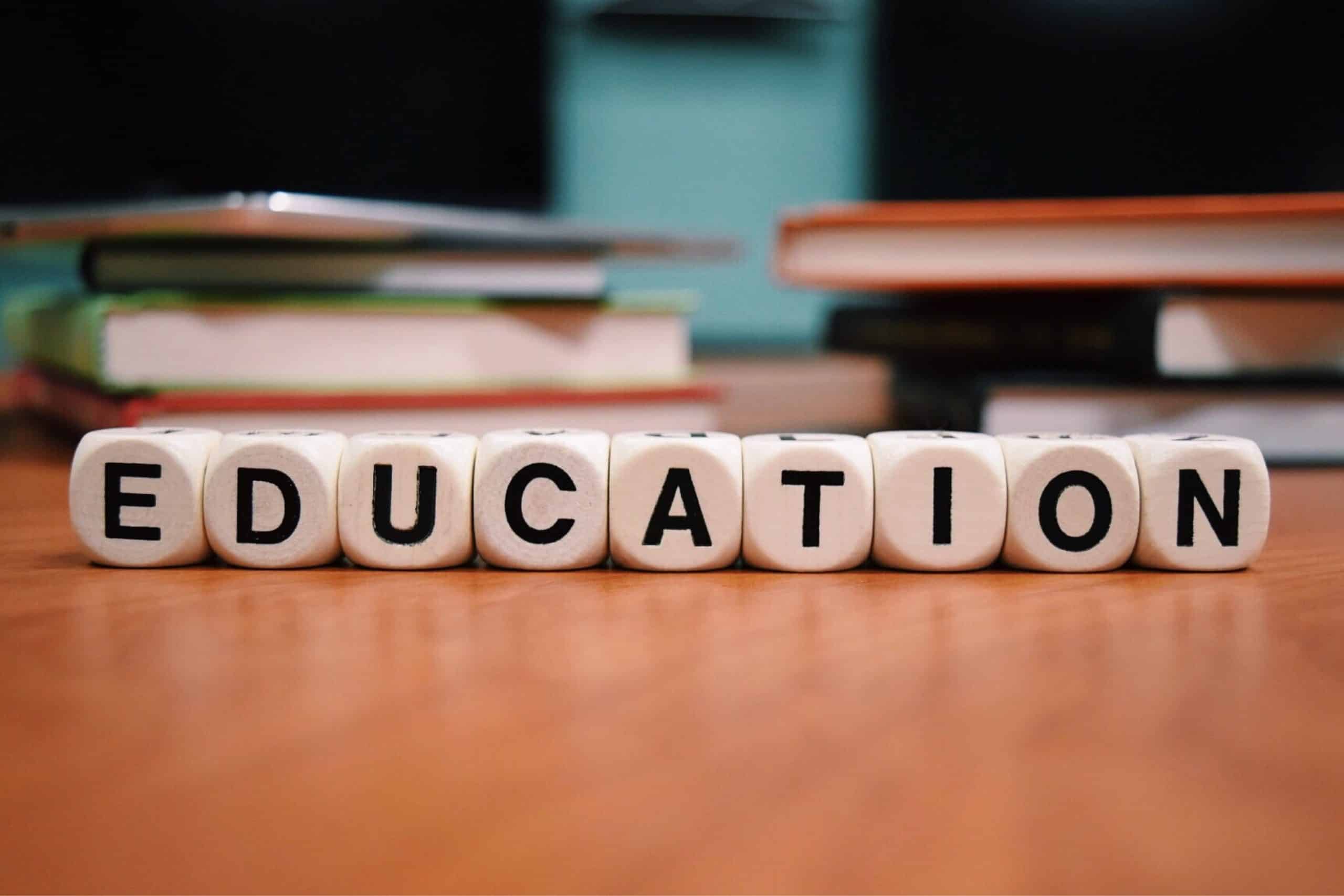Education: The Catalyst for Global Transformation
The transformative power of education
Education stands as humanity’s virtually potent tool for transformation. When Nelson Mandela proclaim that education is the virtually powerful weapon to change the world, he recognizes its unparalleled ability to reshape individuals, communities, and entire societies. This power manifest not simply in the accumulation of facts but in the development of critical thinking, empathy, and agency.
At its core, education empower individuals to question, analyze, and reimagine their circumstances. It provides both the lens to see problems clear and the tools to craft solutions. Unlike physical weapons that destroy, education builds — create possibilities where none exist ahead.
Break cycles of poverty
One of education’s virtually significant impacts lie in its ability to disrupt generational poverty. For individuals bear into disadvantaged circumstances, quality education offer a pathway to economic mobility that might differently remain inaccessible.

Source: quotefancy.com
Research systematically demonstrate that each additional year of schooling increase an individual’s earn potential by roughly 10 %. This economic benefit extend beyond personal gain — educate populations drive innovation, entrepreneurship, and productivity that strengthen entire economies.
Furthermore, educate parents tend to prioritize their children’s education, create a positive intergenerational cycle. When mothers receive education, their children show improve health outcomes, higher school attendance, and better academic performance. This multiplier effect transforms not exactly one life but create ripples across generations.
Foster democracy and civic engagement
Function democracies require informed citizens capable of critical analysis and active participation. Education equip individuals with the knowledge of their rights, responsibilities, and the mechanisms through which they can influence governance.
Literate populations can access information severally, evaluate compete claims, and make decisions base on evidence quite than manipulation. This informed citizenry serve as a bulwark against authoritarianism and corruption.
Beyond voting, education fosters civic engagement through community organizing, advocacy, and public discourse. When people understand systems and structures, they can work efficaciously to improve them. This engagement strengthen democratic institutions and ensure they remain responsive to public needs.
Promote health and wellbeing
Education deeply impact health outcomes across communities. Individuals with higher education levels typically make more informed health decisions, advantageously understand medical instructions, and more efficaciously navigate healthcare systems.
For example, educate individuals show higher rates of vaccination, better management of chronic conditions, and more consistent use of preventive care. They besides demonstrate improved health behaviors, include reduce smoking rates and healthier dietary choices.
In regions with higher female education rates, maternal and infant mortality importantly decrease. Educated women tend to marry former, have fewer and healthier children, and access prenatal care more systematically. This health impact extend to entire communities, reduce disease burden and improve quality of life.
Advance environmental stewardship
As environmental challenges intensify globally, education play a crucial role in foster sustainable practices and innovative solutions. Environmental education cultivate both awareness of ecological issues and the skills need to address them.
Education enable communities to understand complex environmental relationships and recognize how local actions contribute to global outcomes. This understanding motivate conservation efforts and sustainable resource management.
Moreover, advanced education in science, engineering, and policy create the expertise need to develop green technologies, design sustainable systems, and implement effective environmental regulations. Without this educational foundation, address climate change and biodiversity loss would be nearly impossible.
Reduce conflict and building peace
Education serves as a powerful counterforce to extremism, intolerance, and violence. Schools that teach critical thinking, expose students to diverse perspectives, and foster empathy help inoculate communities against radicalization.
Conflict oftentimes thrive on ignorance and fear of the unknown. Education that include multicultural understanding and historical context can reduce prejudice and build social cohesion. When people learn about different cultures, religions, and perspectives, they develop greater tolerance and appreciation for diversity.
In post conflict settings, education play a vital role in reconciliation and rebuilding. It provides psychological support, restore normalcy, and equip young people with skills for peaceful livelihoods. Education systems that consciously address historical grievances while promote share values help prevent cycles of violence.
Drive innovation and economic development
The knowledge economy demand workers with specialized skills, adaptability, and creative problem solve abilities. Education systems that cultivate these qualities position nations to compete efficaciously in global markets.
Countries that invest intemperately in education — specially in science, technology, engineering, and mathematics — frequently experience stronger economic growth and resilience. Educational institutions serve as incubators for research and development that drive technological advancement and create new industries.
Beyond formal schooling, lifelong learning enable workers to adapt to change economic conditions and technological disruptions. This adaptability prevents skills obsolescence and maintain economic relevance in apace evolve fields.
Empower marginalized groups
For historically marginalize populations, education serve as a powerful equalizer. It provides the knowledge, credentials, and networks that facilitate entry intoantecedenty inaccessible spaces.
When girls receive quality education, gender inequality diminish across multiple dimensions. Educated women participate more full in economic and political life, experience reduce rates of gender base violence, and exercise greater autonomy in personal decisions.
Likewise, education empower ethnic minorities, indigenous communities, and persons with disabilities to advocate for their rights and contribute their unique perspectives. Inclusive education that accommodate diverse learning needs and celebrate cultural differences strengthen social fabric while ensure no talent go undeveloped.
Preserving and evolving culture
Education serves as both conservator of cultural heritage and catalyst for cultural evolution. Through education, communities transmit language, traditions, arts, and values to new generations, ensure cultural continuity.
Simultaneously, education encourage critical engagement with culture, allow for reinterpretation and adaptation to contemporary contexts. This balance between preservation and innovation keep cultures vibrant and relevant.
Educational institutions to facilitate cultural exchange, expose students to diverse traditions and perspectives. This ccross-pollinationenriches all cultures involve and foster mutual understanding across boundaries.
Challenges in leverage education’s power
Despite education’s transformative potential, significant barriers prevent its full realization. Globally, access remain deep unequal, with poverty, gender, geography, and disability status determine educational opportunities.
Yet where access exist, quality vary dramatically. Many students attend schools with inadequate facilities, outdated curricula, and undertrained teachers. This quality gap oftentimes reinforces quite than reduce exist inequalities.
Moreover, education systems sometimes perpetuate harmful ideologies or prioritize rote memorization over critical thinking. When education become indoctrination or fail to develop relevant skills, its power to drive positive change diminish importantly.
Reimagine education for maximum impact
To amply harness education’s power as a change agent, we must endlessly reimagine and reform educational approaches. This evolution requires balance universal standards with contextual relevance and technological innovation with human connection.
Effective education for change must emphasize not equitable content knowledge but besides creativity, collaboration, communication, and critical thinking. These competencies enable learners to apply knowledge to real world challenges and adapt to unpredictable futures.
Additionally, education must extend beyond formal schooling to include lifelong learning opportunities accessible to all ages and backgrounds. This expands vision recognize that transformation require continuous growth sooner than time limit intervention.
The individual’s role in educational change
While systemic reform require collective action, individuals likewise play crucial roles in leverage education’s transformative power. Personal commitment to continuous learning, knowledge sharing, and support educational access for others create ripple effects.

Source: verbub.com
Mentorship provide one powerful avenue for educational impact. When knowledgeable individuals guide others, they multiply their own education’s value and create pathways for newcomers in fields or communities.
Additionally, advocate for educational equity and quality in local communities and policy arenas help ensure that education fulfill its potential as a universal force for positive change.
Conclusion
Education rightfully stands as humanity’s virtually powerful weapon for global transformation. Unlike physical weapons that destroy, education create — building capacity, foster understanding, and enable innovation that address our virtually pressing challenges.
Its power manifests across dimensions: break poverty cycles, strengthen democracies, improve health outcomes, protect environments, reduce conflicts, drive economies, empower the marginalized, and enrich cultures. No other intervention offer such comprehensive impact.
By recognize education’s transformative potential and work to ensure its quality and accessibility for all, we embrace peradventure the virtually effective strategy for creating the world we wish to see. In this sense, education become not merely a weapon for change but the foundation upon which a more merely, sustainable, and peaceful world can be build.
MORE FROM oncecoupon.com


